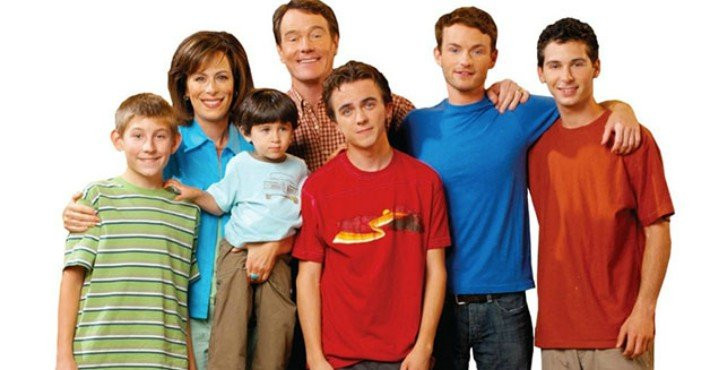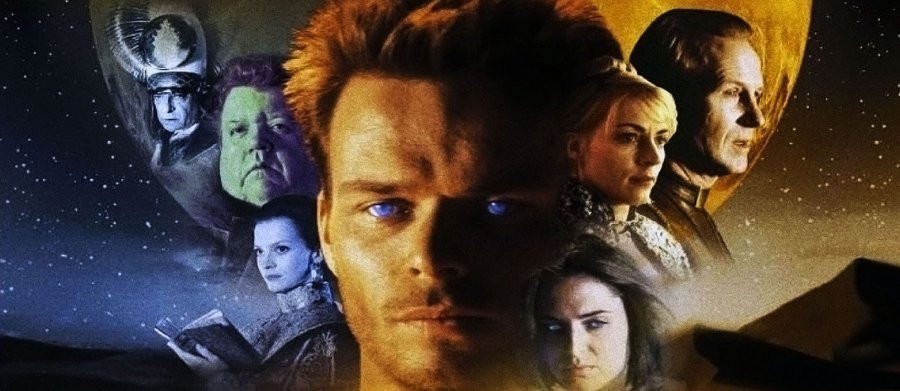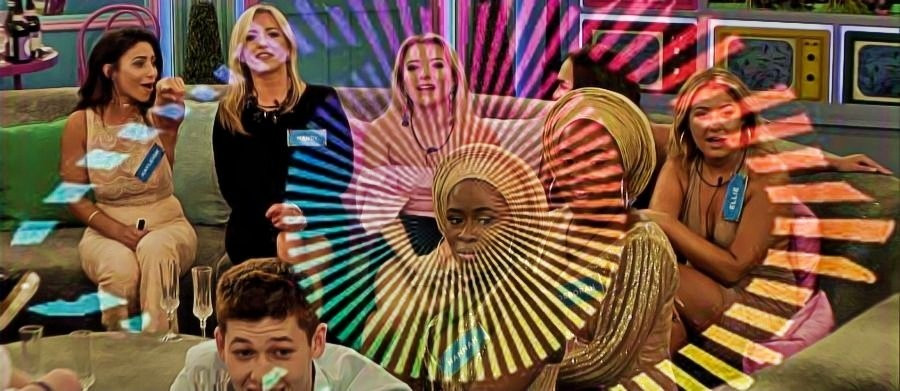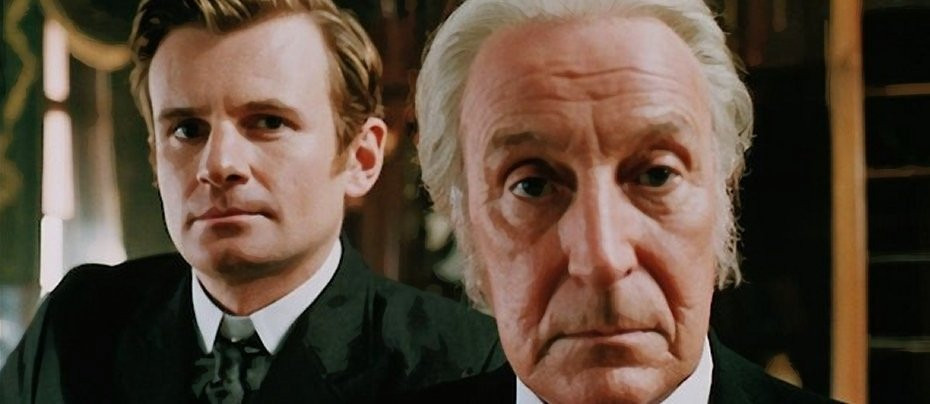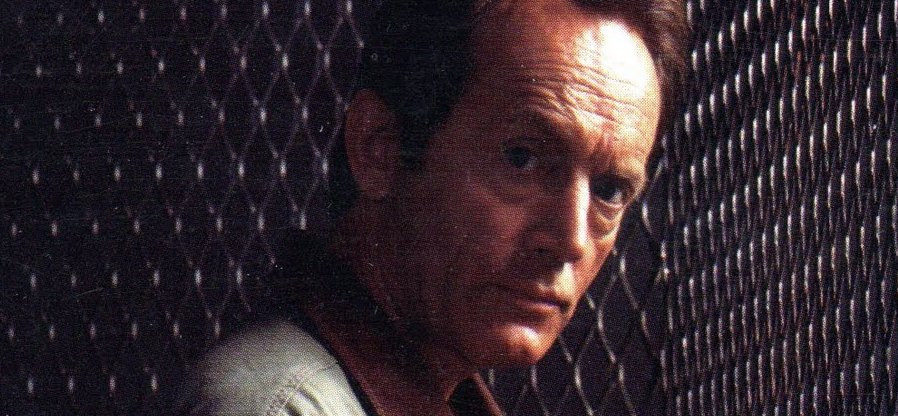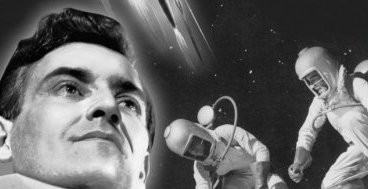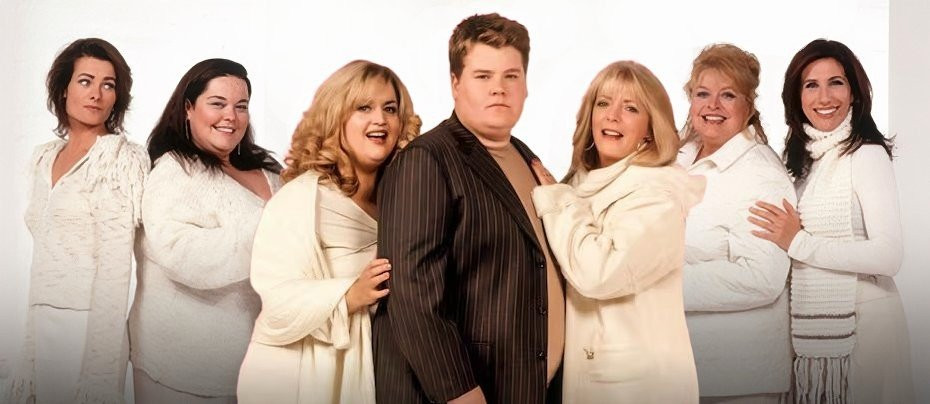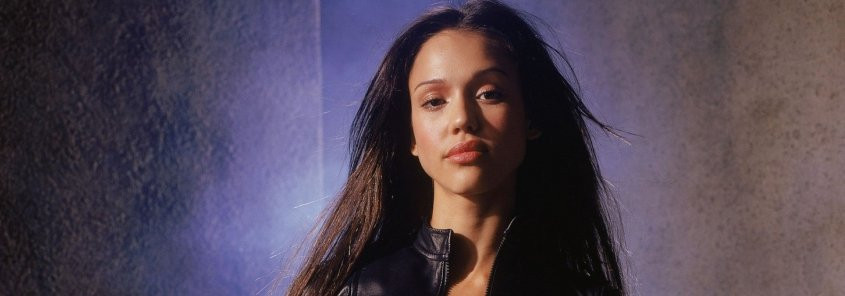
Dark Angel
2000 - United StatesA Stylish but Uneven Slice of Post-Apocalyptic Sci-Fi
When Dark Angel first aired in 2000, it arrived with the high expectations that accompany any series bearing the name James Cameron. Co-created with Charles H. Eglee, this American science fiction drama promised a heady mix of dystopian grit, genetic engineering, cyberpunk stylings, and youthful rebellion. Set in the near-future ruins of a post-pulse America, Dark Angel offered an intriguingly bleak vision of the 21st century and introduced audiences to a then-unknown Jessica Alba, who would go on to become one of the show’s most enduring legacies.
Set in 2019 (which, amusingly, has now become our own recent past), the series is grounded in the fallout of an electromagnetic pulse attack that plunged the United States into economic and infrastructural collapse. Society has fractured, with the rich growing more isolated and the poor more desperate. Amid this chaos emerges Max Guevara (Alba), a genetically enhanced super-soldier created in a government facility known as Manticore, from which she escaped as a child. Working by day as a bike messenger in a devastated Seattle, Max moonlights as a vigilante, seeking out her fellow “transgenics” while evading the authorities and Manticore’s relentless operatives.
Stylistically, Dark Angel borrowed heavily from the aesthetics of cyberpunk and the noir genre: neon-drenched alleyways, militarised government agents, sleazy criminals, and crumbling social systems. Its world-building was impressive, particularly in the first series, which laid a convincing foundation of political unrest and moral ambiguity. The series attempted to balance high-octane action sequences with deeper social commentary, including issues of identity, surveillance, and the ethics of scientific experimentation.
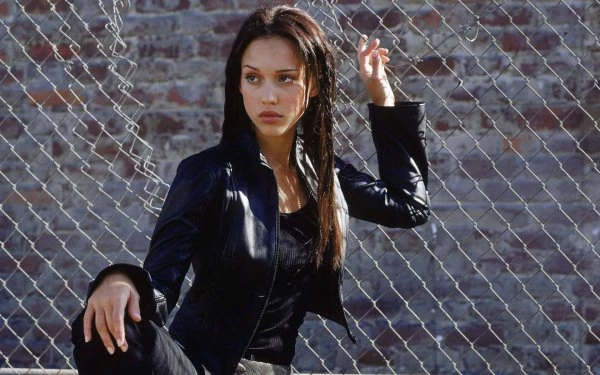
Jessica Alba’s performance as Max was a key strength. She played the role with a mix of defiance, charm, and vulnerability that belied her inexperience at the time. While the scripts occasionally wavered, her presence anchored the series. Opposite her, Michael Weatherly played Logan Cale, a cyber-activist (under the alias "Eyes Only") who serves as both romantic interest and ideological foil. Their relationship, simmering with unresolved tension, provided an emotional through-line even when the plot meandered.
Series one was generally well received, praised for its originality and style. However, the second series took a creative turn that divided both critics and fans. With Manticore destroyed, the focus shifted to a broader cast of transgenics living in hiding, including many non-human hybrids. The tone veered into comic-book territory, occasionally bordering on the absurd. As a result, the darker, more grounded sensibility that had defined the show’s debut became diluted.
Dark Angel was also a victim of unfortunate timing. Airing on Fox during a period of shifting tastes and tight scheduling, it struggled to maintain its audience despite a devoted fan base. The series was cancelled after just two seasons and a total of 43 episodes, ending on a frustrating cliffhanger. Plans for further novels and possible spin-offs were floated but never fully materialised.
In retrospect, Dark Angel is something of a cult curiosity—ambitious, stylish, and in many ways ahead of its time. It explored themes that have since become mainstream in dystopian fiction, from bioengineering to government surveillance, and it featured a strong female lead at a time when such roles were still comparatively rare in genre television.
Its legacy lies as much in what it attempted as in what it achieved. While uneven in execution, and occasionally burdened by inconsistent writing and tonal shifts, Dark Angel remains a bold entry in the early 2000s science fiction landscape. For fans of dystopian narratives, genetic intrigue, and flawed but fascinating heroines, it still offers much to enjoy—if only in the spirit of what could have been.
Seen this show? How do you rate it?
Seen this show? How do you rate it?
Published on December 6th, 2018. Written by Skip Wilson Jr. for Television Heaven.


